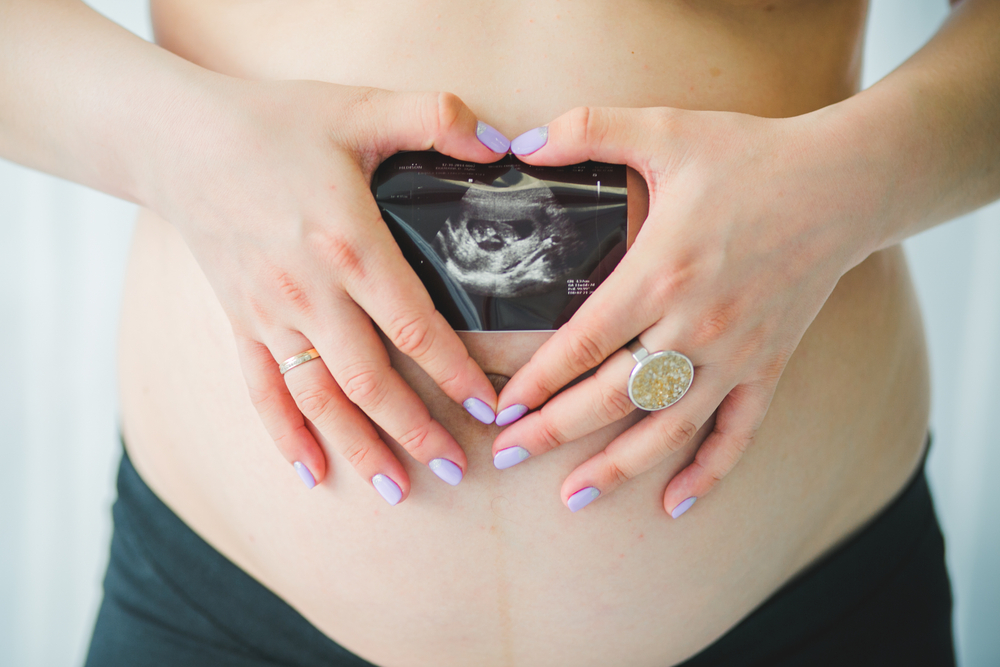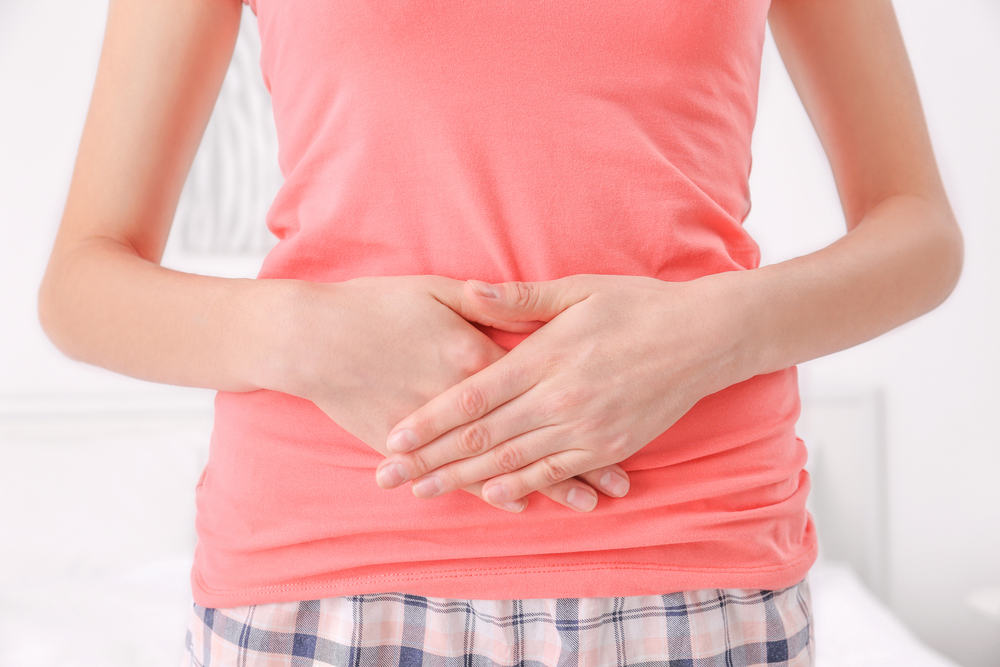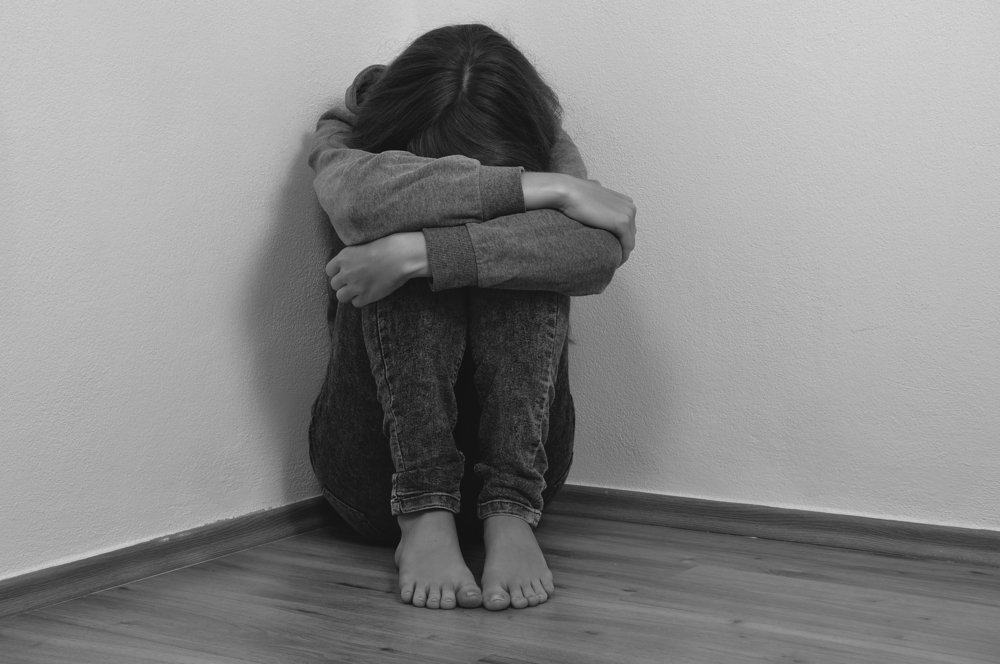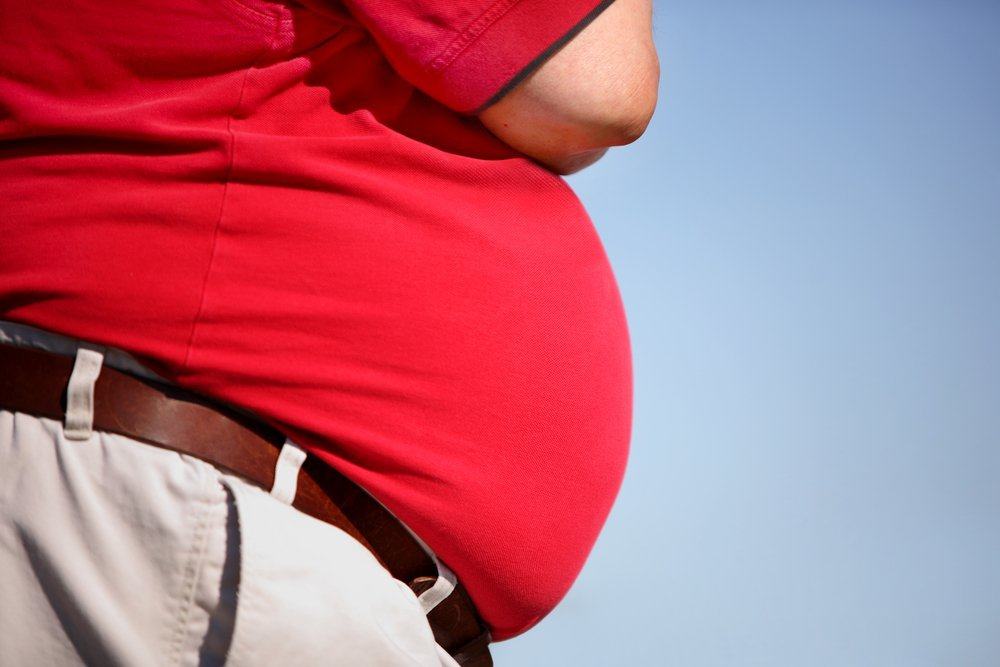Contents:
- Medical Video: Miscarriage Symptoms – Top 5 Signs of Miscarriage and Common Identification Methods
- Factors that cause miscarriages to watch out for
- 1. Fetal factors
- 2. Health factors of pregnant women
- Will a miscarriage also occur in the next pregnancy?
- Is it true that eating pineapple during pregnancy can cause a miscarriage?
- So, what does the doctor recommend?
Medical Video: Miscarriage Symptoms – Top 5 Signs of Miscarriage and Common Identification Methods
Cases of miscarriages are actually very common in pregnant women. Because, about 30 percent of pregnancies under the age of 12 weeks experience a miscarriage. Very young at the age of pregnancy, sometimes the woman does not realize that she is pregnant and has a miscarriage. What are the causes of a miscarriage? Find out through the following reviews.
Factors that cause miscarriages to watch out for
Miscarriage occurs if the fetus dies at less than 20 weeks' gestation or when the fetus's weight is still below 500 grams. The cause of miscarriage itself is divided into two, namely from fetal factors and the factors of pregnant women themselves.
1. Fetal factors
About 60 to 70 percent of causes of miscarriages originate from abnormalities in the fetus or embryo. This is usually caused by a chromosomal abnormality in the fetus that is susceptible to miscarriage.
Often fetal abnormalities indicate that the quality of the fetus in the womb is not good. If the quality of the fetus is not good, then this certainly cannot be repaired in any way.
So, even if you are giving an obstetric booster or complete resting medication, you cannot prevent a miscarriage if the problem comes from the fetus itself.
2. Health factors of pregnant women
About 30 to 40 percent of other miscarriages come from the health conditions of pregnant women.
This can be caused by several things, including mothers having uterine deformities, blood clotting disorders, trauma, and so on.
Mother's age can affect the risk of miscarriage during pregnancy. The mother's age is too young and too advanced are two causes of miscarriage that are quite frequent, especially mothers who experience pregnancy over the age of 40 years.
This is because the quality of eggs in older mothers is not too good. As a result, elderly pregnant women are very susceptible to miscarriage, even the chance can reach 70 percent.
Other causes of miscarriage are diseases experienced by pregnant women, such as diabetes and obesity. Yes, women with diabetes and obesity have a higher risk of miscarriage during pregnancy than normal women.
So, what about women who tend to be thin or have less nutrition (undernutrition)? The risk of miscarriage in women who are too thin or have poor nutrition is still there, even though the risk is not as big as in obese women.
However, pregnancy in women who experience malnutrition can cause problems later on, including premature labor and babies failing to thrive.
Will a miscarriage also occur in the next pregnancy?
Women who have had a miscarriage are at risk of recurring miscarriages in subsequent pregnancies. However, this depends on the cause of the previous miscarriage.
It should be noted that women who have had a miscarriage twice in a row will be at risk of miscarriage up to 50 percent in their third pregnancy.
Take for example, the cause of the first miscarriage is caused by a genetic disorder, then the second pregnancy miscarries with the same cause. So, the three pregnancies will likely suffer a miscarriage later due to the same cause.
However, if the cause of the first miscarriage is due to a genetic abnormality, then the next pregnancy has a miscarriage due to a chronic illness in the mother, this means the first miscarriage and second miscarriage are not related. So, the doctor will immediately find out and confirm the cause of the miscarriage.
Is it true that eating pineapple during pregnancy can cause a miscarriage?
Many opinions circulating in the community that eating pineapple during pregnancy can cause miscarriages. In fact, this is a myth.
If you really eat pineapple can cause a miscarriage, it will be very easy for women who want to abort their womb irresponsibly. It is like that, women also do not need to bother to be a dukun to be able to abort the pregnancy.
Basically, none of the foods can cause miscarriages, whether it's pineapple, half-cooked eggs, sour food, and so on.
Half-cooked eggs are not recommended for consumption by pregnant women, but the aim is to prevent the risk of Salmonella infection that endangers the body of pregnant women. So, this does not mean half-cooked eggs can cause miscarriages.
So, what does the doctor recommend?
The most important way to prevent miscarriage is to plan and recognize pregnancy as early as possible. This can be known through transvaginal ultrasound (vaginal ultrasound procedure).
Thus, doctors will be able to recognize the risk factors for existing miscarriages and make prevention efforts as early as possible.
For example, if a pregnant woman is known to have a progesterone deficiency that can cause a miscarriage, then the doctor will provide a content booster or supplementation to increase the levels of progesterone in the body of pregnant women, so the chances of miscarriage are reduced.
For your own diet, basically there are no special foods that can help strengthen the womb. I advise pregnant women to adopt a healthy lifestyle by eating balanced nutritious foods to maintain their pregnancy.
So, the most important thing is that pregnant women always get good nutrition through balanced nutritious food and regular pregnancy control. Thus, the fetus can grow optimally and avoid the risk of miscarriage.













